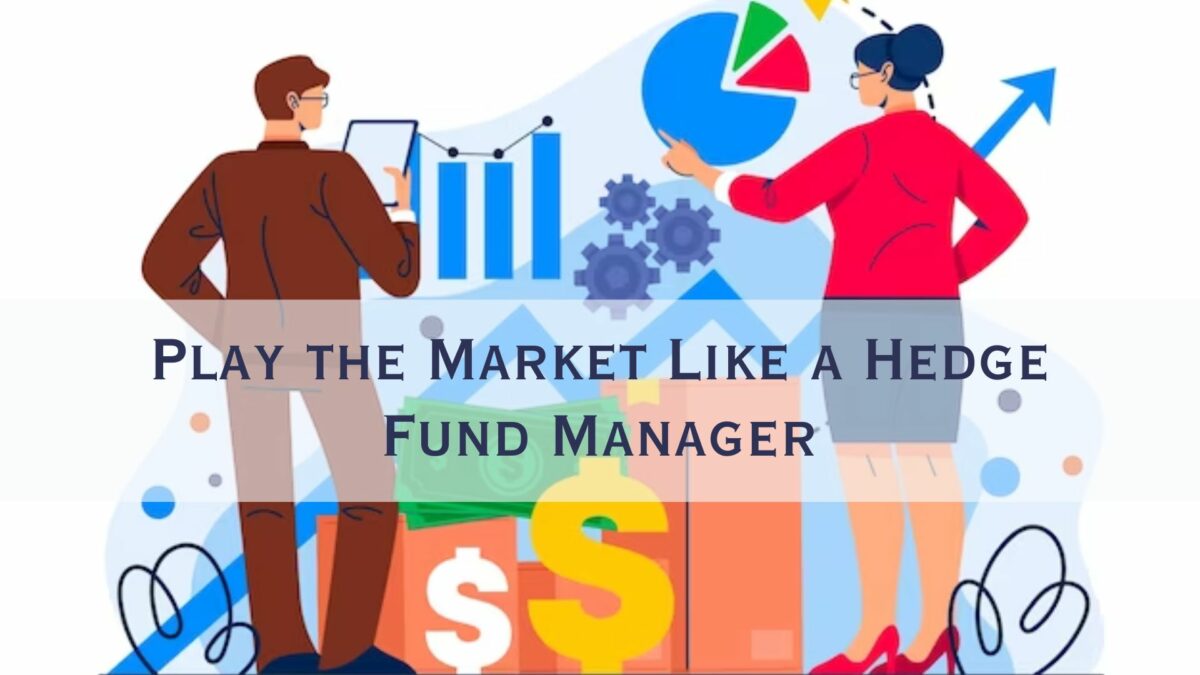Boldness, without the rules of propriety, becomes insubordination.
–Confucius
You’ve probably seen the day-trading baby of e*Trade. He sits in his crib and reads the financial papers, and with a few clicks of the mouse, he makes more money than all of his previous generations combined. They make it seem so easy that even a baby can make money trading. There’s a primal appeal to being an active trader – there’s thrill, risk, and the possibility of reward. Those are the same appeals, by the way, which make playing craps in Vegas so fun.
There are a lot of companies who make money off of selling you on the notion that you can beat the markets. Watch CNBC, Bloomberg, or Fox Business Channel, and you’ll see pundits and experts telling you what you should be investing in and what the next hot stock to take off is going to be. Search Amazon.com for the term “pick winning stocks” and you find over 200 books on the subject.
(Full Disclosure: I own a Jim Cramer bobblehead!)
Business cable channels, book authors, and actively managed hedge fund managers all want you to believe that you, either individually or by proxy through a fund manager, can beat the markets. It is possible for you to do so; however, it’s also very unlikely. Studies of active traders show that active traders, by a significant margin, do not beat the indices.
Pshaw! Monkey Brain snorts.
Those are rank amateurs (as if you’re not)! Mutual fund managers get paid to beat the market, you counter. The reality is that most mutual fund managers don’t get paid to beat the market because they don’t. As of mid-year in 2011, adjusted for survivor bias (meaning that the impact of funds that completely fold is accounted for), here is how the actively managed fund categories compare to their S&P index peers:
- 64.0% of large-cap funds fail to beat the S&P 500
- 75.1% of mid-cap funds fail to beat the S&P MidCap 400
- 63.1% of small-cap funds fail to beat the S&P SmallCap 600
- 57.0% of global funds fail to beat the corresponding index
- 64.6% of international funds fail to beat the corresponding index
- 80.8% of emerging funds fail to beat the corresponding index
To compound matters, we tend to chase the hot hand – the funds that do the best in the past year get the most inflows of capital, where it’s almost impossible to tell if the returns are due to something other than luck as opposed to skill. We buy high and sell low – the exact opposite of what we are *supposed* to do.
Why do active trading and active management fare so poorly?

Here are a few reasons:
- For active individual traders, trading fees add up. Even if you have an active trading account with low commissions, the commission usually still adds a few basis points to what you have to return to make a profit
- Taxes. Buy and hold for more than a year, and pay long-term capital gains, usually 20%. Buy and hold for less than a year, and you get to pay ordinary income taxes – up to 33%. Plus, if you trade the same stock within 30 days, you are subject to wash sale rules as well.
- Management fees and loads eat up your profits. Just as the power of compounding interest can help you in the long run, so too can it hurt you in the form of fees.
- We hate selling our losses, but we’re happy to sell early to book a small gain. We also are much more likely to chase our losses, taking higher risks to get back to even.
- We try to time the market. Several studies show that, like lemmings running to the sea, when we try to time the market, we get out at the bottom and pile on at the top.
If you’re concerned about doing your taxes correctly, I’ve used TurboTax Online for several years, and, despite the complicated status of our taxes, have had no problems filing my taxes, saving us almost $1,000 compared to what we were paying our accountant when he prepared our taxes.
Yet, does the thought of plain, boring old value cost averaging into index funds with no loads and low expense ratio make your stomach roil at the thought of such a plain old vanilla life? Monkey Brain agrees! Does a part of you secretly desire to be a day trader, have great stock picks, and find the next Apple before it gets big?
Monkey Brain loves at that site to buy high and sell low! – Click to Tweet
Well, if you absolutely, positively, HAVE to trade, you can get in on a piece of the action. Just make it a small piece of the action. Take 5-10% of your stock investment portfolio and use that as your money to try for big swings. Channel your inner Jim Cramer and find the stock that is going to be a twenty-bagger. However, if you lose it all, don’t go back to the well until next year; otherwise, you’ll just fritter away your money trying to chase your losses. Put the rest into index funds and value cost average them. Check your results after a year. Make more money than the market? Good? Take some of your earnings and reinvest them in an index fund and keep playing. If not, take a good, long, hard look at what happened and don’t rationalize. Chances are that you’re not going to beat the market either, put on your shell, and become the turtle. Slow and steady wins the race.
It’s a very similar strategy to the one that this fairly famous former hedge fund manager advocates, and he’s done fairly well for himself. Don’t expect to be him, but at least you can scratch your itch without destroying your investments.
Do you have a “swing for the fences” fund? Does it keep Monkey Brain happy? Tell us about it in the comments!
Author Profile
- John Davis is a nationally recognized expert on credit reporting, credit scoring, and identity theft. He has written four books about his expertise in the field and has been featured extensively in numerous media outlets such as The Wall Street Journal, The Washington Post, CNN, CBS News, CNBC, Fox Business, and many more. With over 20 years of experience helping consumers understand their credit and identity protection rights, John is passionate about empowering people to take control of their finances. He works with financial institutions to develop consumer-friendly policies that promote financial literacy and responsible borrowing habits.
Latest entries
 Low Income GrantsSeptember 25, 2023How to Get a Free Government Phone: A Step-by-Step Guide
Low Income GrantsSeptember 25, 2023How to Get a Free Government Phone: A Step-by-Step Guide Low Income GrantsSeptember 25, 2023Dental Charities That Help With Dental Costs
Low Income GrantsSeptember 25, 2023Dental Charities That Help With Dental Costs Low Income GrantsSeptember 25, 2023Low-Cost Hearing Aids for Seniors: A Comprehensive Guide
Low Income GrantsSeptember 25, 2023Low-Cost Hearing Aids for Seniors: A Comprehensive Guide Low Income GrantsSeptember 25, 2023Second Chance Apartments that Accept Evictions: A Comprehensive Guide
Low Income GrantsSeptember 25, 2023Second Chance Apartments that Accept Evictions: A Comprehensive Guide

